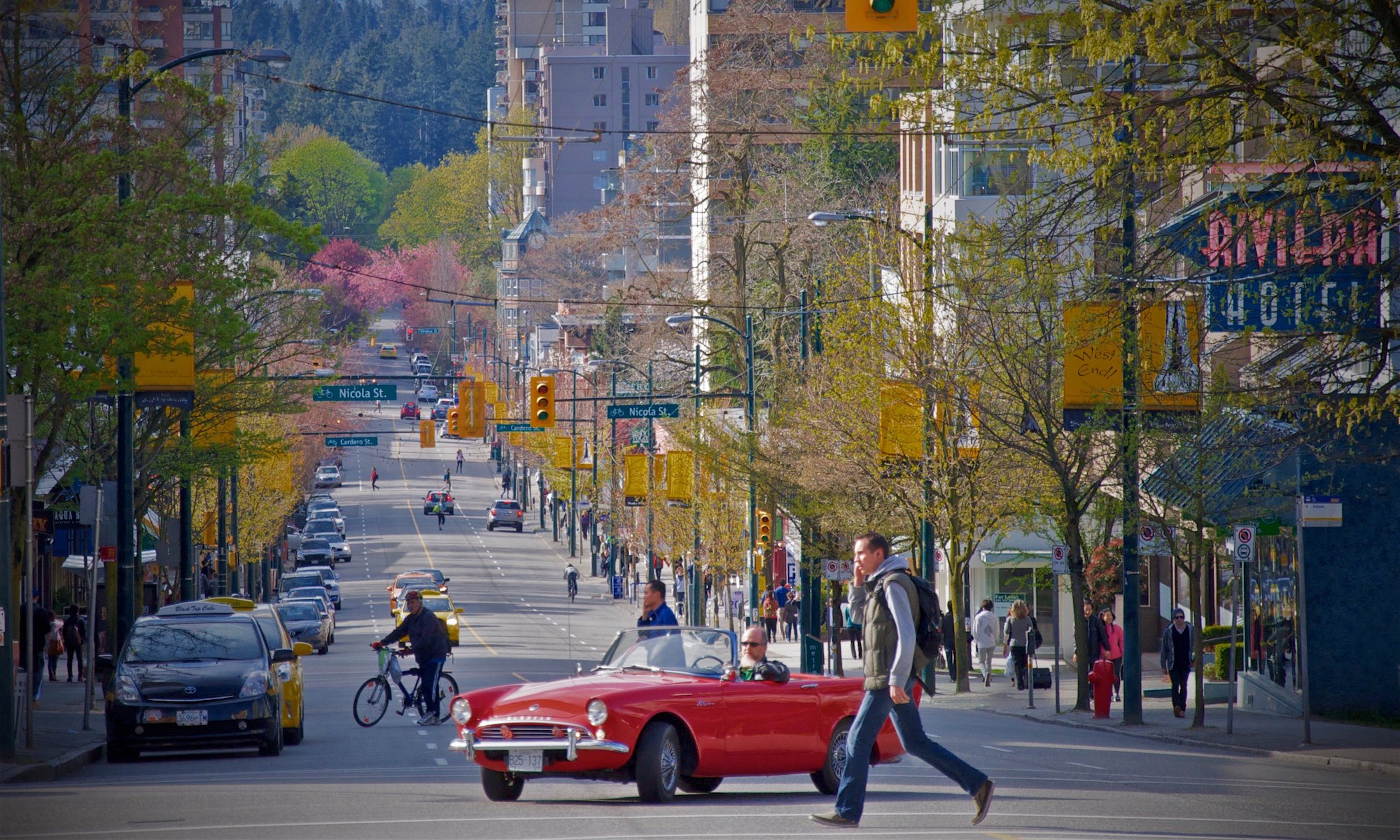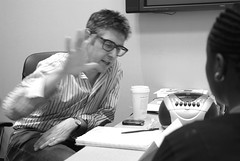The following is a message that I sent NPR regarding the quality of their podcasts. I’ve been telling a lot of folks about the problems that I have with some of their offerings. So to put money where my mouth is, I’m taking the advice of writing them. Maybe there will be others out there who feel the same way.
Hi, NPR.
There is something I’ve been wondering about your podcasts. Actually, there are a couple of things. Maybe I’m just picky, but I wanted to let you know about some things that really bug me about the podcasts you guys are producing.
First off, the hourly news updates that you guys provide drive me nuts for a couple of reasons. At the very beginning, it takes nearly 20 to 25 seconds to get to the actual news. It’s prefaced by a sounder to introduce the podcast. That is then followed by a sponsorship announcement. Is that a big deal, maybe not, but let me continue.
When the little mp3 finally gets to the news, the decibel levels are much lower than that of all the stuff at the very beginning. Some days it’s worse, other days it’s better. The point is, when I’m out for a run, I have to crank up the volume to hear anything. Then when the next item on the playlist comes up, my ear drums are attacked.
This is not the only feed that is guilty. Maybe you guys are not the guilty party, but being that you serve up the feed for “Michael Feldman’s Whad’Ya Know? – All the News that Isn’t“, I’m lumping them into the same group. Unless you crank the volume up, you hear Feldman mumbling with some sporadic laughter from the crowd. Come on, guys. I love public radio, and you are making it suck.
Why is there no compression or normalization to these podcasts? This is an easy solution, but it’s been this way for a long time. After complaining about this to numerous friends, I’m taking the step of letting you guys know how I feel. As someone who lives outside of the U.S. but enjoys what NPR offers, you shouldn’t forget about people like myself. If you give us quality content, then we might just think about giving you some quality donations when you need it.
Sincerely,
John Bollwitt


